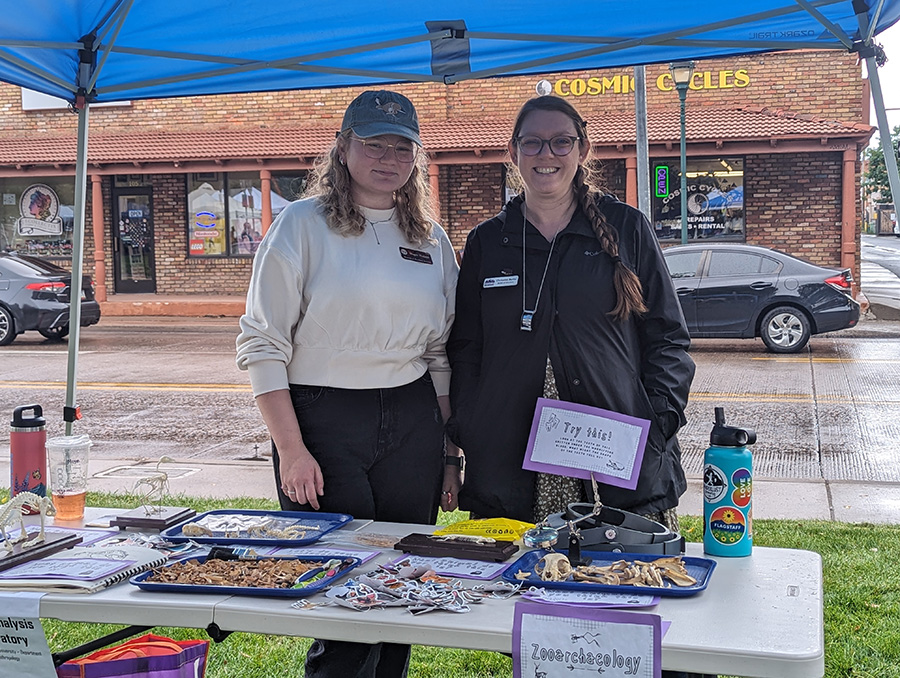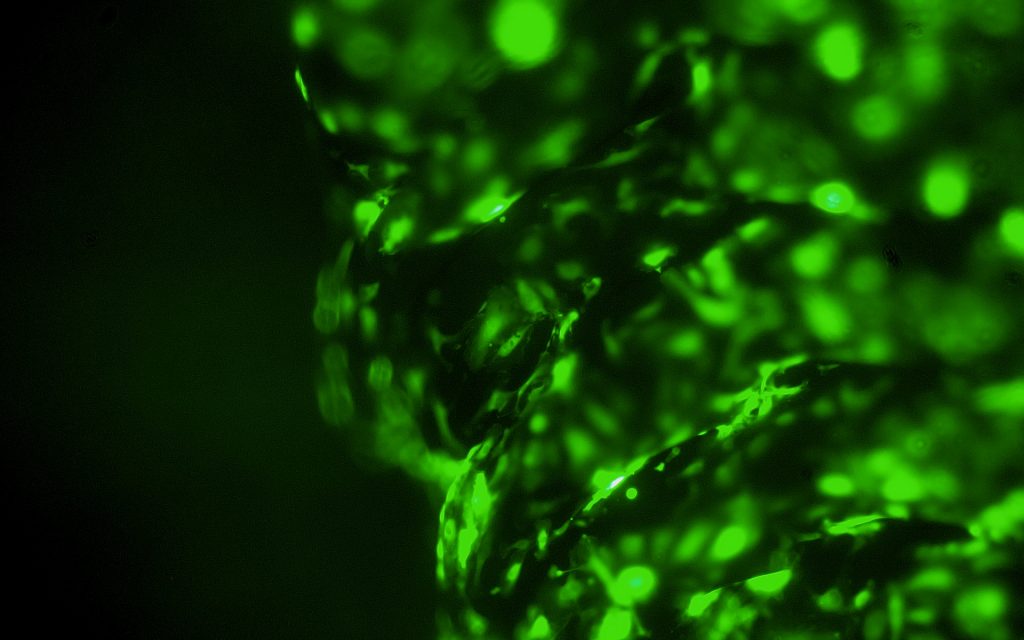For 34 years running, the annual Flagstaff Festival of Science, presented in partnership with NAU, brings 10 days of science education and collaborations to the community.
This year’s festival offers opportunities for stargazing, exploring northern Arizona, learning about space, archaeology, ecology, water and more (including a search for **checks notes ** Bigfoot?). This year, artificial intelligence is the headliner, with a keynote address from Nara Logics CEO Jana Eggers on “AI: The Good, the Bad, the Beautiful.”
See the 2024 schedule of events.
We asked NAU-affiliated members of the event’s board of directors to share their favorite parts of the festival. Read their ideas, browse events, register for the keynote and start exploring!
Chrissina Burke, teaching professor in the Department of Anthropology and president of the board of directors:
“My favorite part of the Festival of Science is our first Saturday Science in the Park event at Wheeler Park downtown. My students and I put together activities for everyone to learn what zooarchaeology is and how we can identify animal bones recovered from archaeology sites. The excitement at Science in the Park is electric, too, with everyone going from table to table and learning about the awesome scientific work in our community!”

David Van Ness, assistant professor in the School of Art and Design and a contemporary artist known for his innovative use of digital technology in the creation of his artwork:
“The best part for me has been the opportunity to explore and get things put into perspectives that help me then apply to my own ideation and such for my own research. I love the various talks, having given one in 2022 on data bending and data visualization in my sculptural work.”

Meredith Brown, assistant librarian for experiential learning at Cline Library:
“I’d say my favorite part of the festival is the incredible variety of STEM-based workshops, talks and experiences. There is really something for everyone and for learners of all ages, whether



